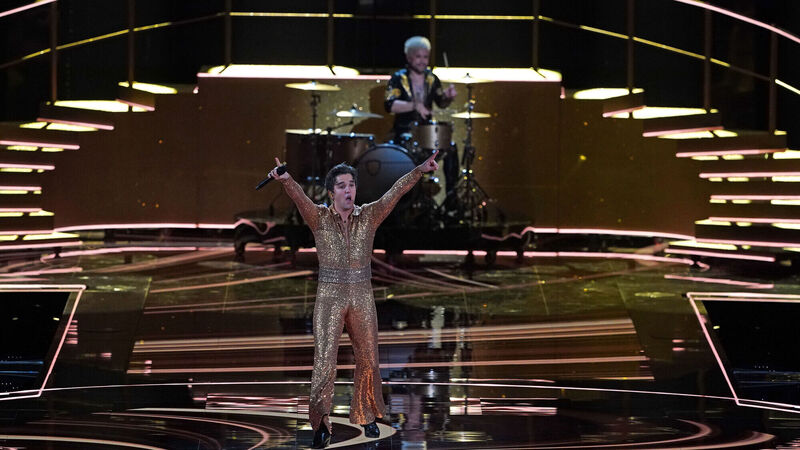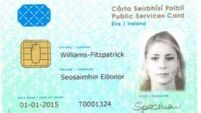Ireland fail to book spot in Eurovision grand final

Irish entry Wild Youth performing at the Eurovision semi-final at the M&S Bank Arena in Liverpool. Picture: Peter Byrne/PA Wire
Despite all the hype and expectation, the gold suit and pyrotechnics, Ireland has again failed to qualify for the final of the Eurovision Song Contest.
They fulfilled their promise to deliver a “big and bold” performance, but Wild Youth failed to make it into the top 10 of the 15-acts who performed in Tuesday’s first semi-final in the Liverpool Arena and who will advance to Saturday’s final.










